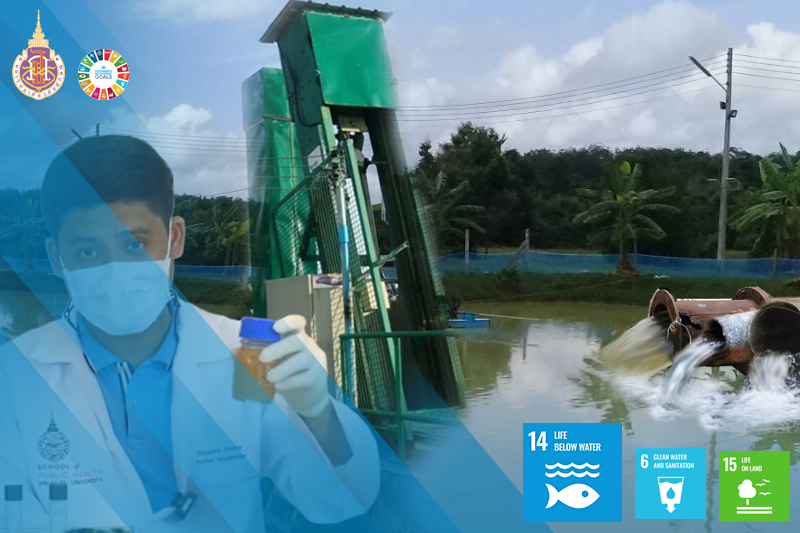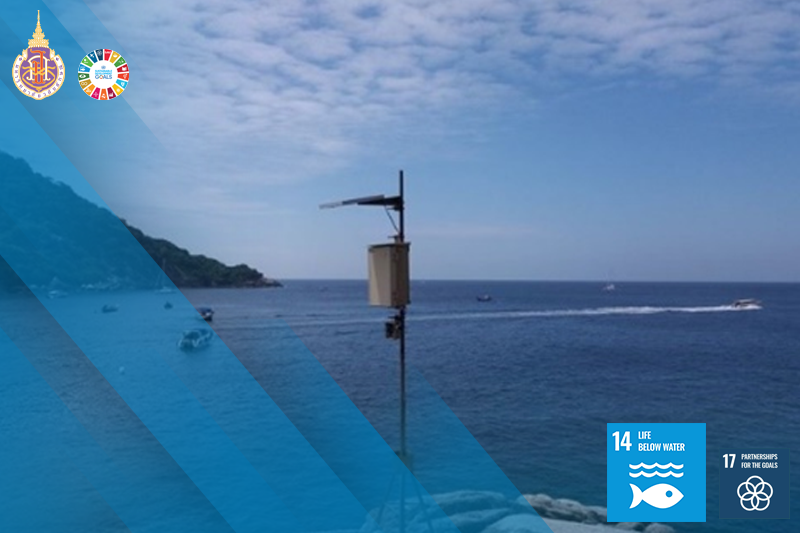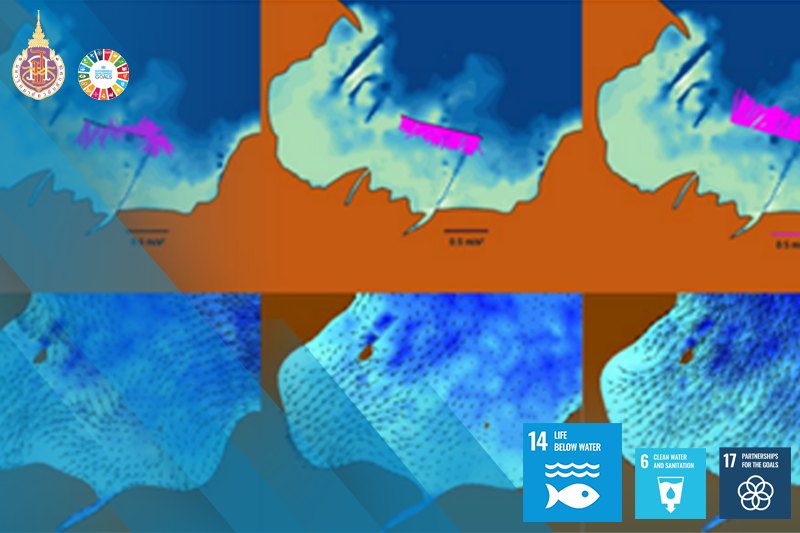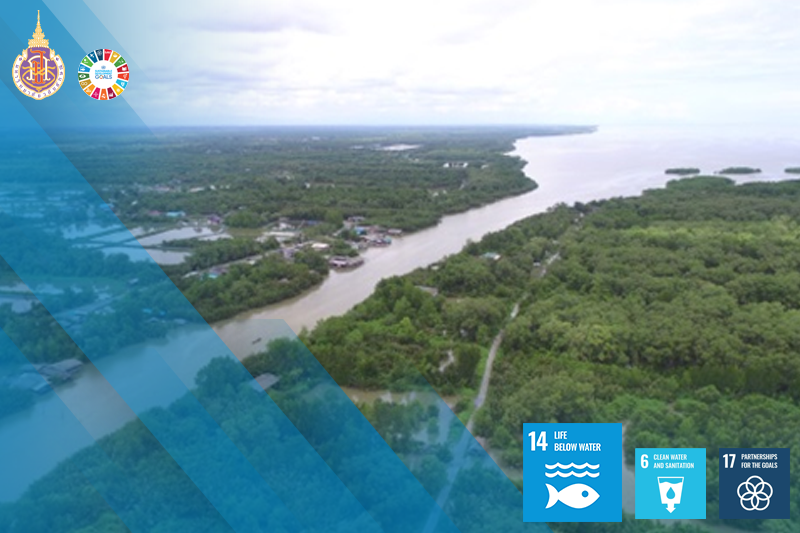The Caring is Giving Program 2022: WU Intervention to Prevent Food Insecurity for Students and Staff
Walailak University, through the Property Management Center, facilitates students and staff by arranging shops and food outlets, to ensure they have access to sufficient, affordable, and healthy food at all food outlets within the university. Besides, representatives from the students are actively involved in the selection and evaluation of these food outlets.
Not all students are equally prepared to take care of themselves when pursuing higher education. Some students still require basic support, particularly in terms of having enough food to eat. Therefore, Walailak University, in collaboration with donors and food outlet business owners at the Cho Pradu Food Center and Student Activity Building Canteen, totaling 85 shops, provide interventions to prevent or alleviate hunger among students and staff through continuous food welfare as food banks, known as the “Caring is Giving Program.” This initiative ensures that students and staff who are in need can have three nutritious meals a day, addressing food scarcity issues, with no specific conditions attached. When participating students are free, they can help out at the food outlets as a way of giving back.
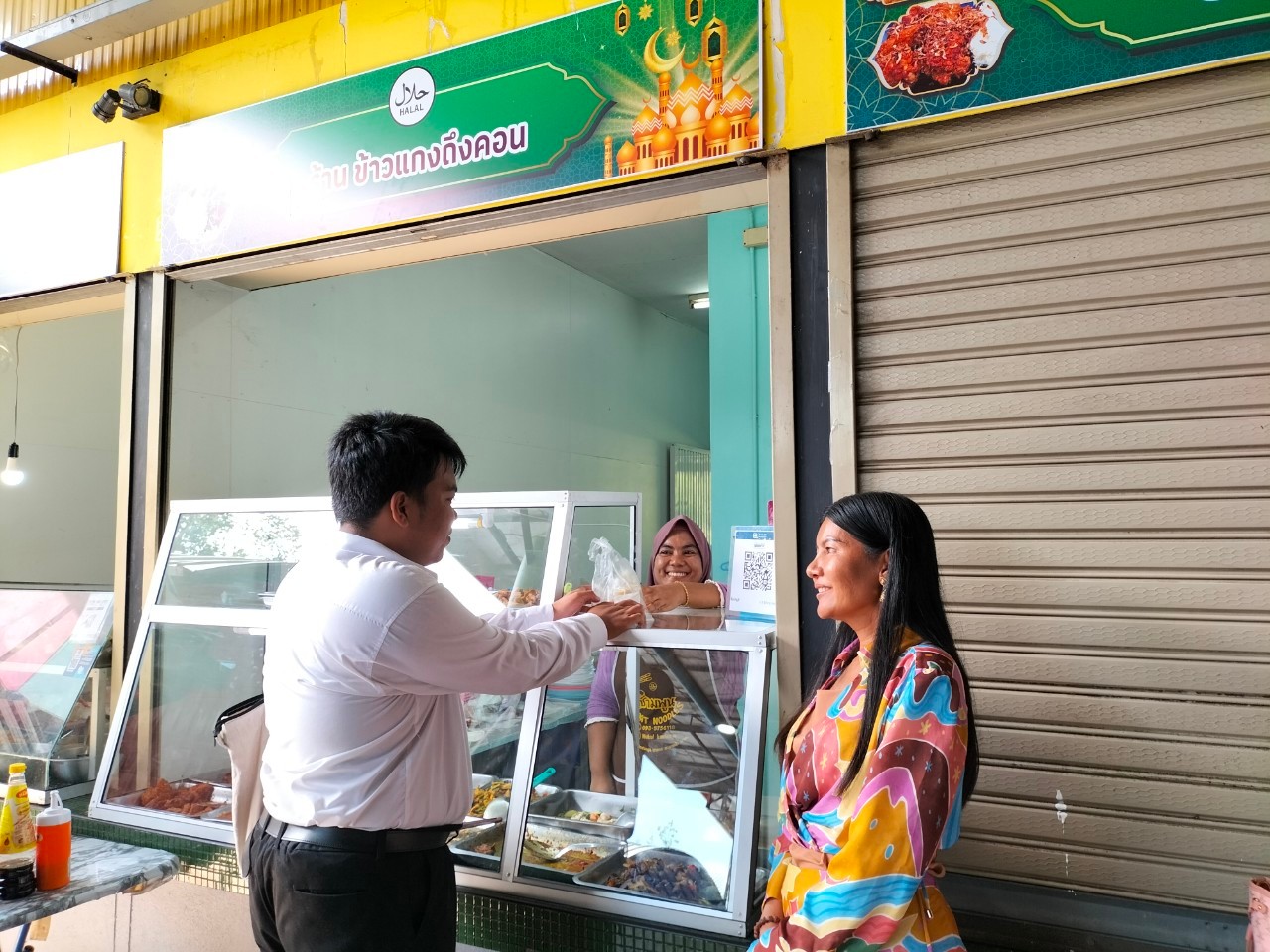
A Student Got Meals to Prevent Hunger at Food Centers as Food Banks
The survey of food welfare support data in the 2022 academic year showed that:
–85 food outlets participated in the “Caring is Giving Program” to share food with students and staff throughout the academic year.
–Ten students joined this food welfare scheme.
–Two food outlets have provided food for two students until they complete their studies.
–Two food outlets provide food assistance to two staff members.
–Each participating business owner contributes to both scholarships and food allowances for students in every academic semester with monthly action plans to support food welfare for students in cooperation with the Property Management Center.
–The Property Management Center collaborates with the community network to help support food welfare.
The “Caring is Giving Program” for students provides access to funding through three ways:
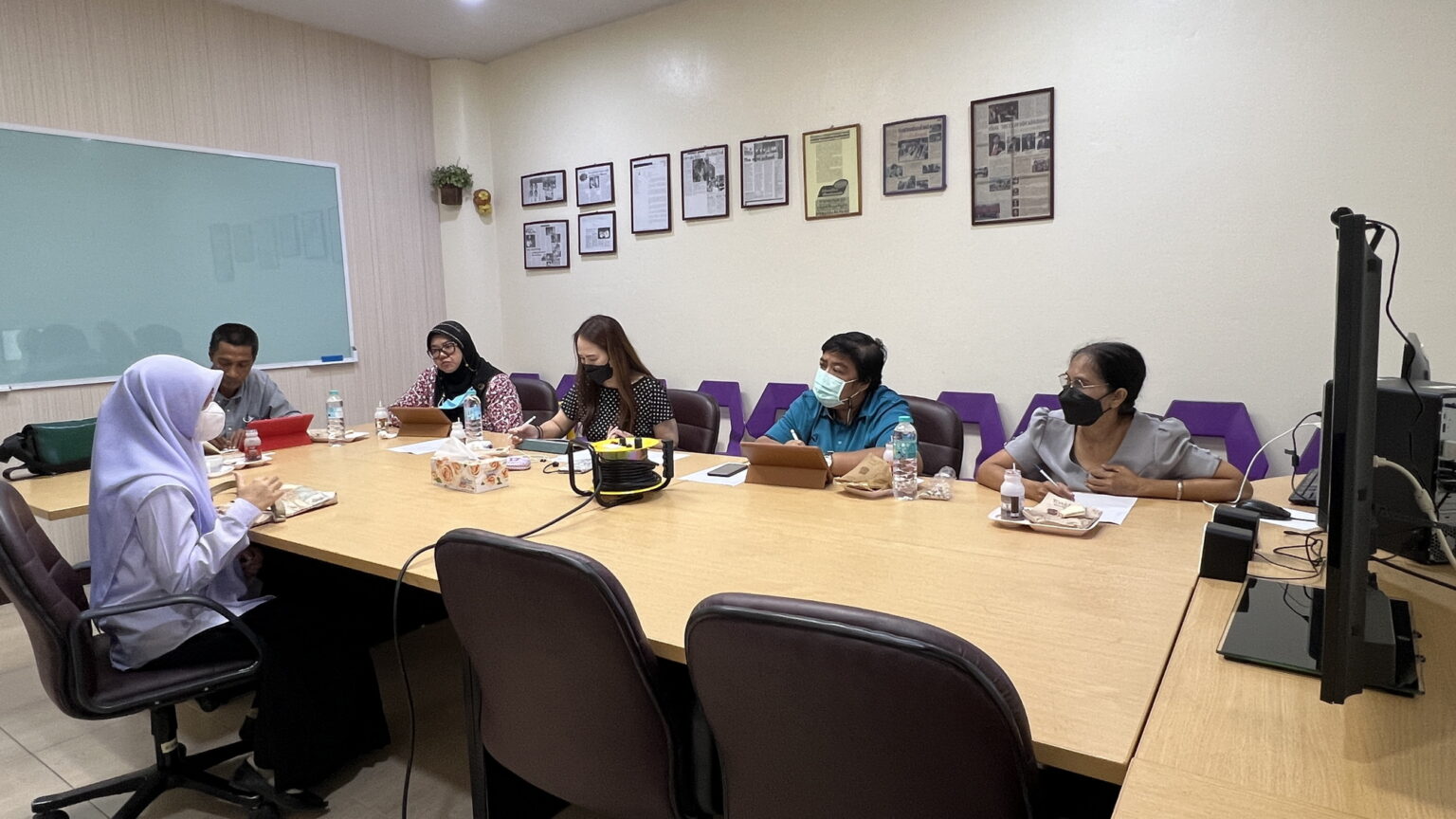
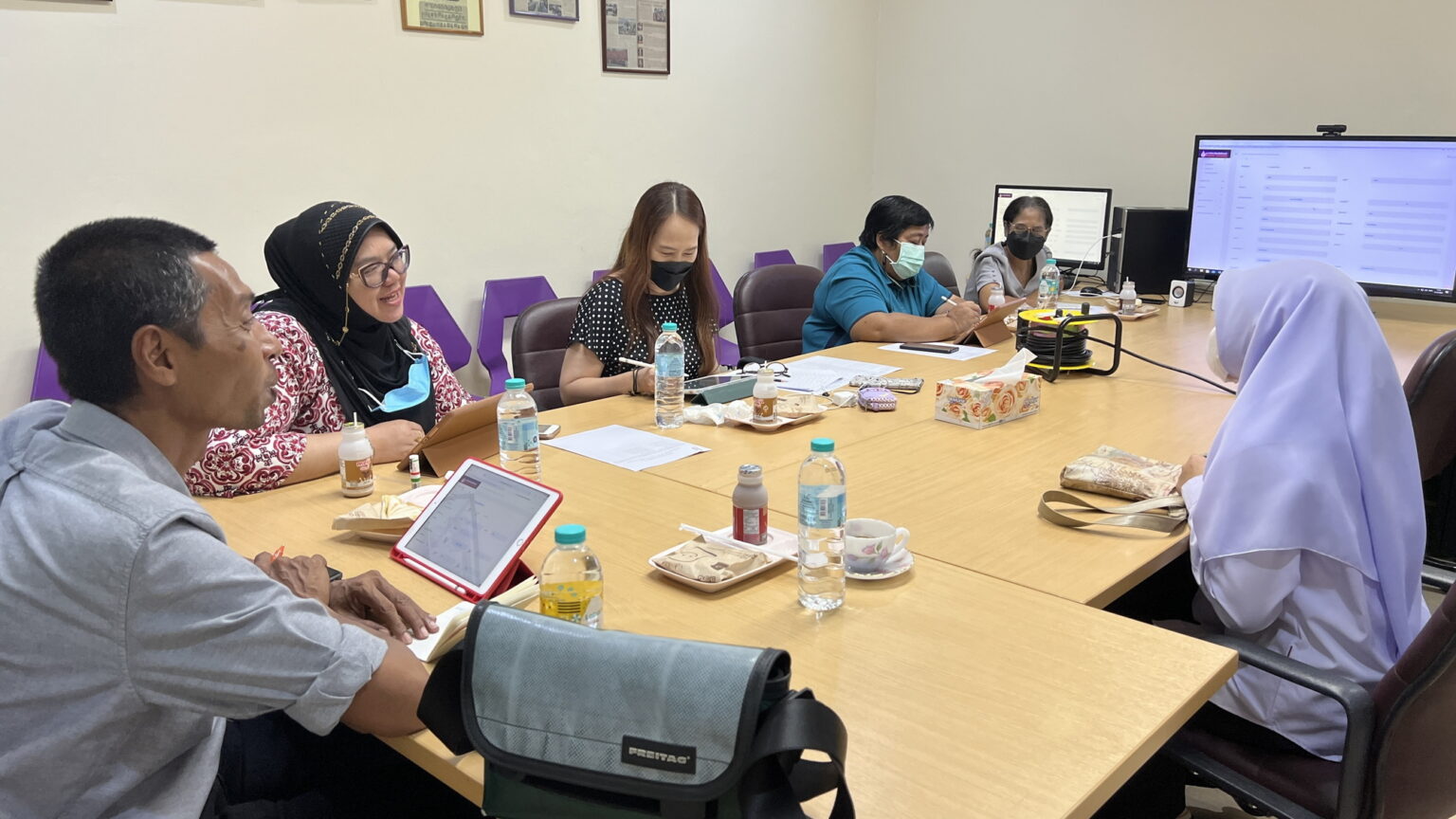
1. General Annual Scholarship:
Students in need of financial aid and support for their main meals can receive assistance through the coordination between the Division of Student Support and Development and the Property Management Center.
2. Dormitory Advisors:
The dormitory advisors, who provide support to students at Walailak University, serve as a way to receive information about students’ food assistance needs. These advisors, totaling 15 people, oversee students in every dormitory and work in collaboration with the Student Dormitory Committee to provide assistance. If a student in the dormitory is identified as in need of food assistance, the dormitory advisor will contact the Property Management Center, which oversees the “Caring is Giving Program”. This allows for immediate action to help these students.
3. Faculty Advisors:
Faculty advisors from each school play a vital role in identifying and connecting students with the Division of Student Support and Development. If a student is found to require financial support or assistance with food, the faculty advisor will initiate the process through the Service and Welfare Office (Scholarships). If the need is related to scholarships or financial support, the Division of Student Support and Development will take responsibility. In food assistance cases, the Division of Student Support and Development will communicate with the Property Management Center to provide urgent assistance to the students.
The way to access food welfare for staff can be through the Program Coordinator of the “Caring is Giving Program” at the Property Management Center to contact food vendors for further support of food security.
The aforementioned program is an ongoing initiative, and when assistance is provided, the relevant units will carry out a “Check” to verify that the plan is achieving the desired outcomes. Following this, they will “Act” by making corrections and planning for the next year’s activities to further improve the efficiency of preventing or alleviating hunger among students and staff. This also involves collaborating with the community network to support food assistance funds.
The program has had a positive impact and brought about changes among students and staff, leading to food security. This means that students and staff have improved access to appropriate resources, including the right to access nutritionally adequate food. This has resulted in food stability, where students and staff can consistently access an adequate food supply without the risk of food insecurity during the time of shortage. If we evaluate the economic outcomes, the program has helped reduce the food expenses for participating students and staff by 360,000 Baht per year.
Additionally, Walailak University has recognized the issue of food access for certain groups of students, especially the time before and during the final exams, when some students study late into the night. The Center for Library Resources and Educational Media has implemented measures to support students in terms of food access during the exam preparation period. This includes providing snacks and beverages and adding hot and cold water dispensers available from 7:00 to 10:00 p.m. every day. The measures have received financial support from the university’s administrators, faculty, and staff, who have collectively contributed to this fund. These measures have helped improve the physical well-being of students, eliminate hunger during their time in the library, and serve as a source of inspiration and encouragement for students to read for extended periods with greater focus and concentration.
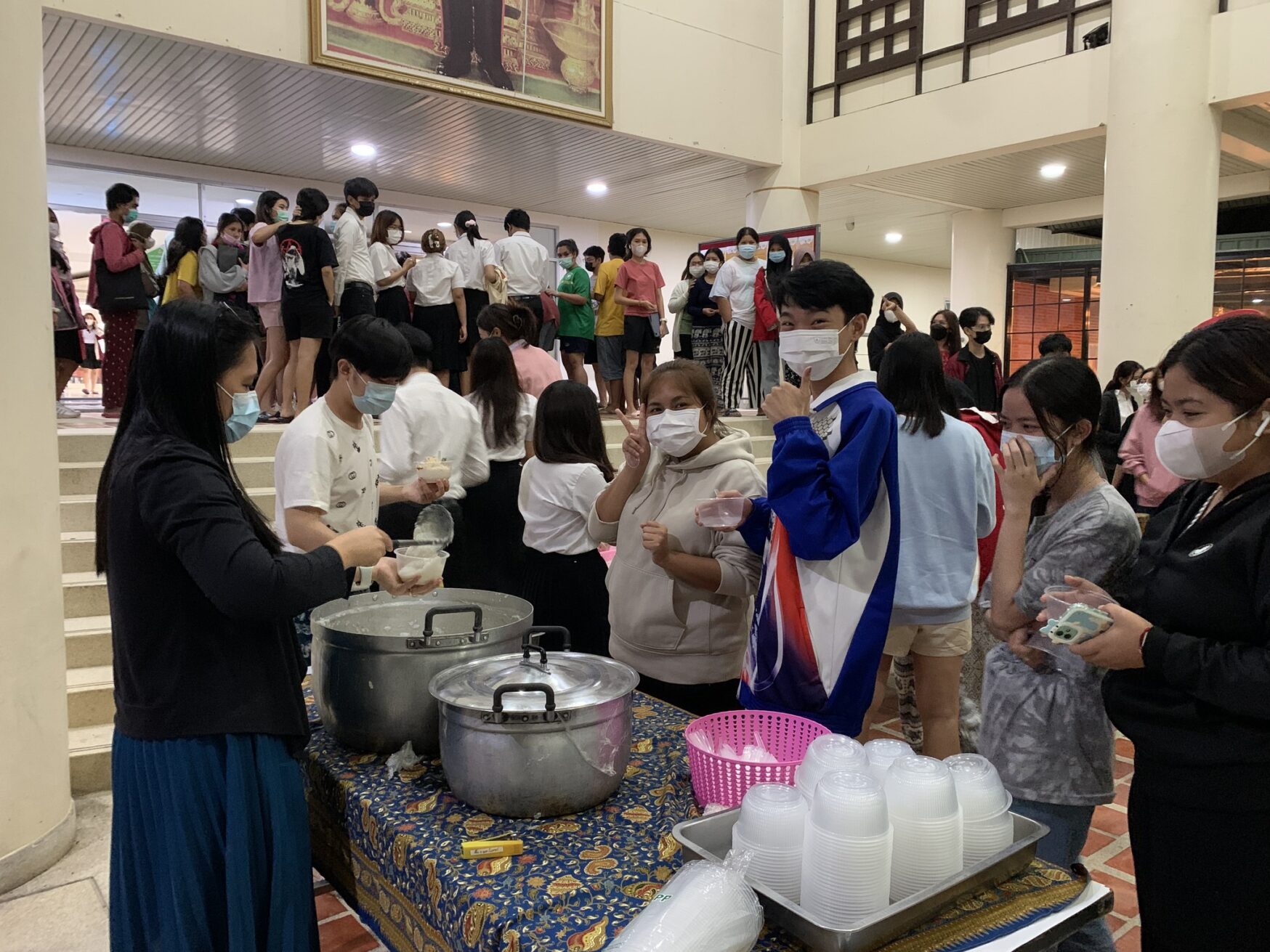
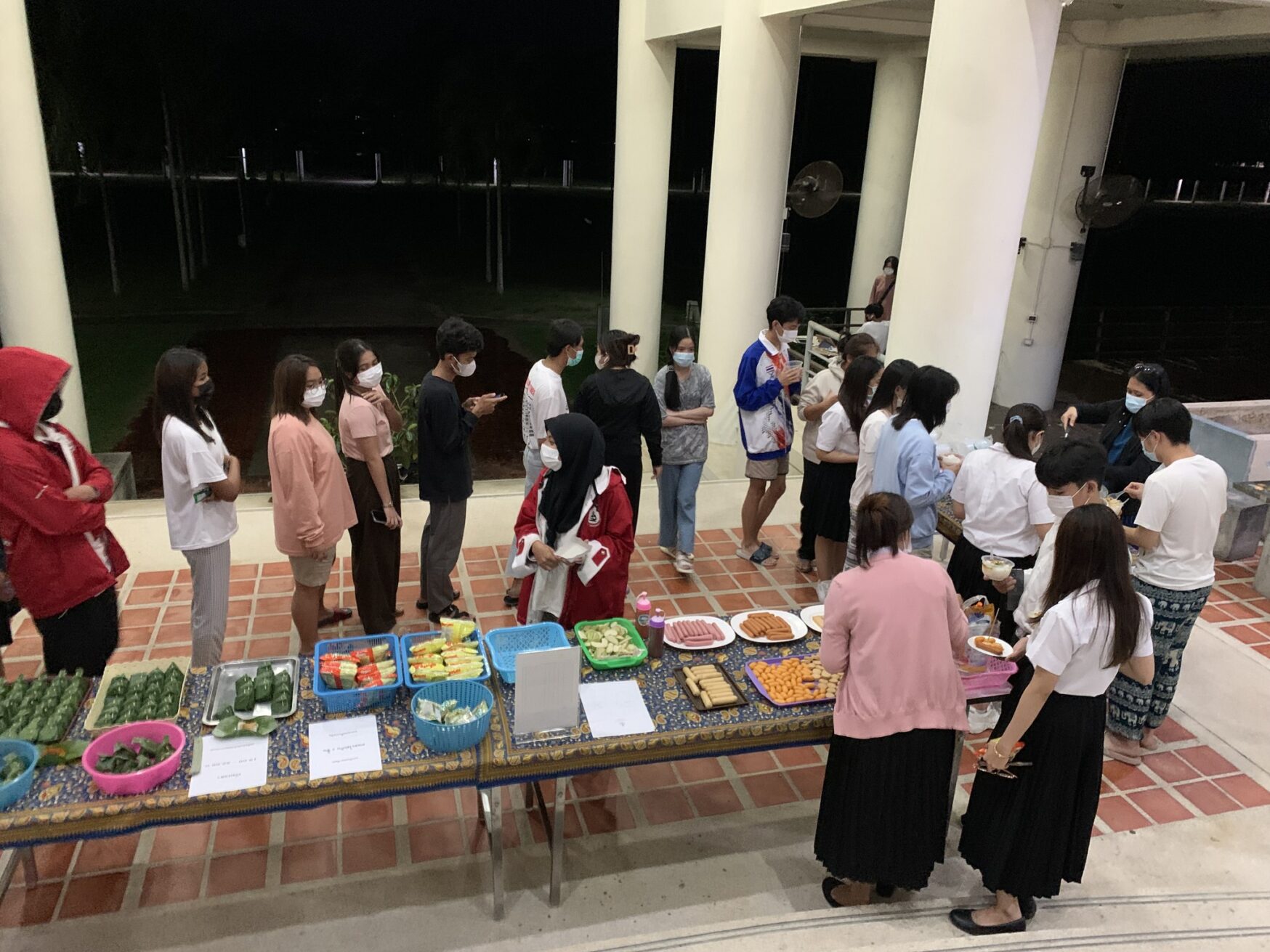
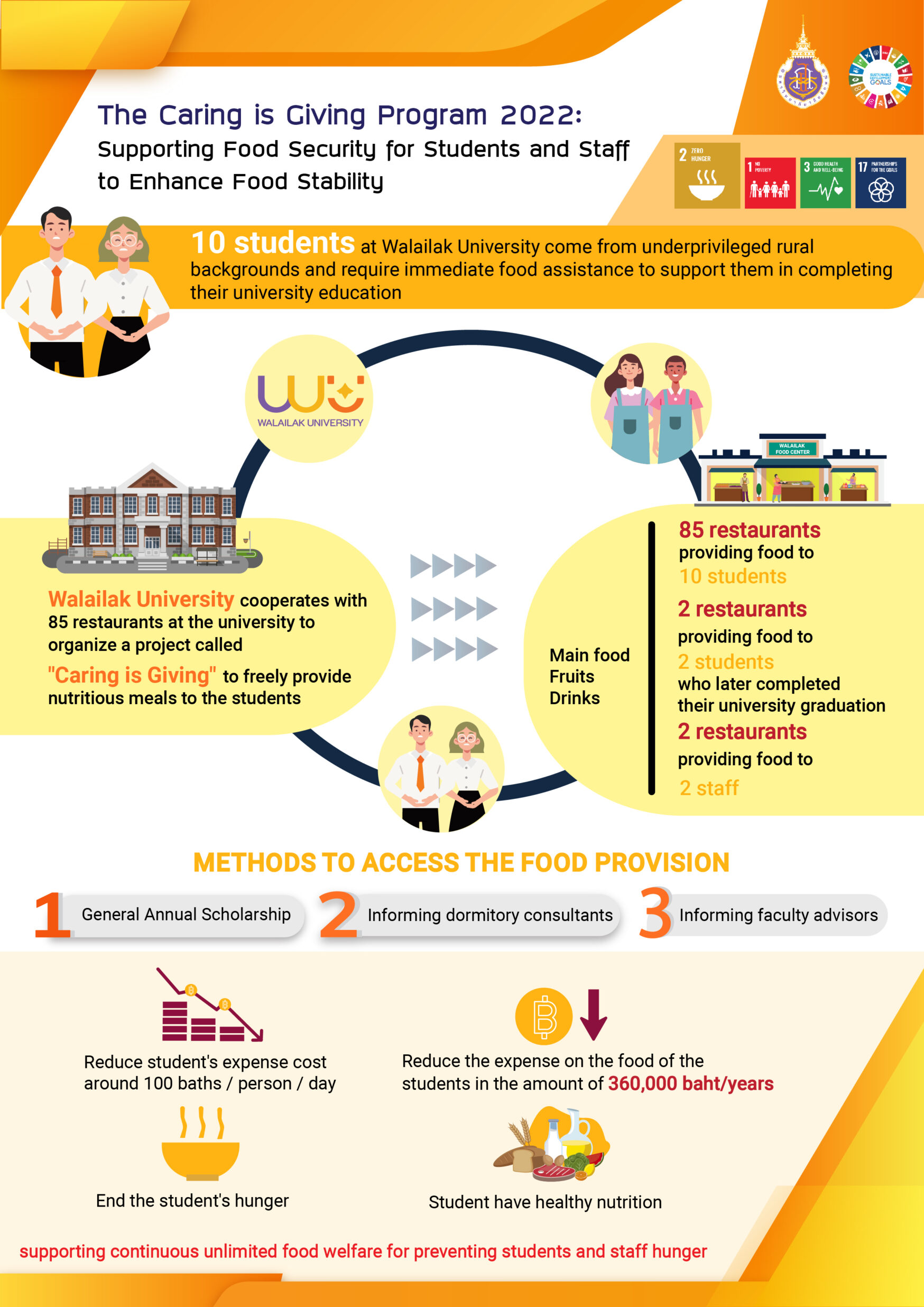
Goal 2: Zero Hunger
Goal 1: No Poverty
Goal 3: Good Health and Well Being
Goal 17: Partnerships for the Goals


